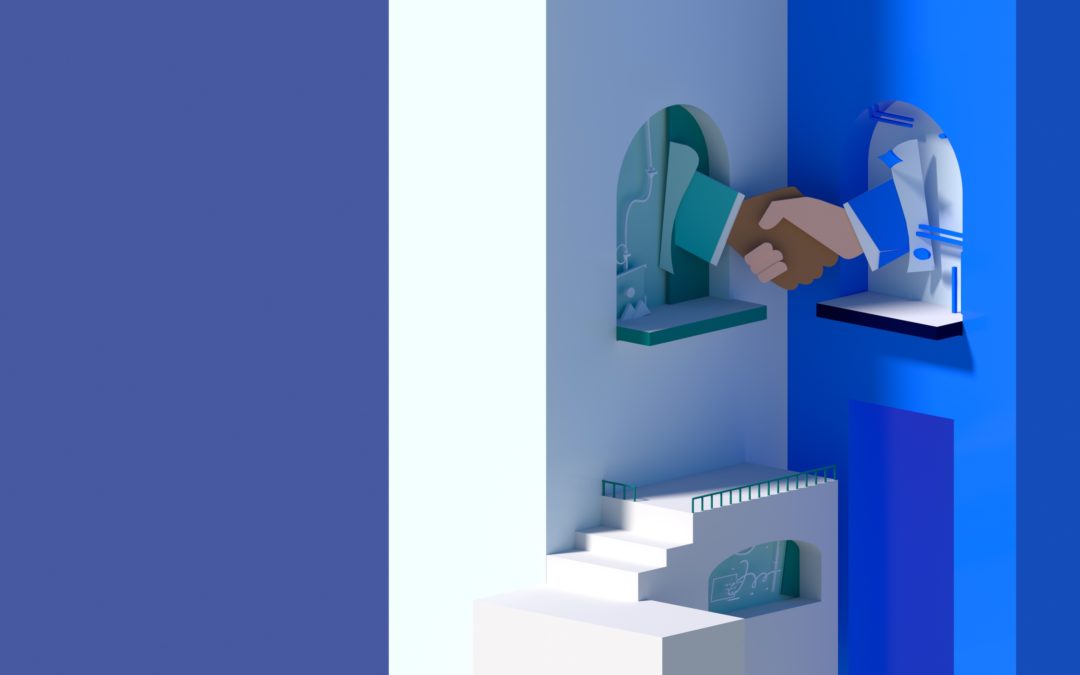A Hotel Property Management System (PMS) is an indispensable software solution for streamlining daily operations and activities within a hotel. It encompasses various functions, including reservation management, guest information handling, housekeeping tasks, and payment processing, ensuring seamless operations and a stellar guest experience. In this article, we will delve into the core functions of a Hotel PMS and explore how they contribute to the success of a hotel property.
Control Dashboard: The Control Center of Hotel Operations
Building on the overview of a Hotel PMS, a user-friendly control dashboard is the nerve center of the system, providing hoteliers with immediate access to crucial operational data. The dashboard offers a bird’s eye view of the hotel’s performance, enabling swift decision-making and task efficiency. It is particularly useful for front desk staff who require real-time updates on room inventory, occupancy, and guest arrivals/departures. By leveraging this information, hoteliers can optimize their operations and improve guest satisfaction.
The control dashboard is also indispensable for monitoring key performance indicators (KPIs), helping hoteliers make data-driven decisions that can lead to improved profitability and guest satisfaction. By providing a centralized hub of information, the dashboard ensures that every department is synchronized, reducing the risk of errors and enhancing the overall efficiency of hotel operations.
Online Booking Engine: Encouraging Direct Bookings
In addition to the control dashboard, a user-friendly, mobile-optimized booking engine integrated with the PMS is essential for maximizing revenue. It simplifies the booking process, reduces dependence on online travel agencies (OTAs), and enhances revenue by cutting out middleman fees.
This tool is crucial for capturing the growing market of mobile users, ensuring that the hotel is accessible to guests, regardless of the device they are using. By streamlining the booking process, hotels can increase their direct bookings and reduce their reliance on OTAs. This not only helps to increase revenue but also allows hotels to have more control over their inventory and pricing.
Channel Management: Optimizing Online Visibility
Channel management and online booking engines are both important as a way to generate bookings online. By leveraging real-time updates, preventing over-bookings, and maintaining control, hotels can increase their online presence and reach potential guests more effectively.
The benefits of channel management extend beyond increased visibility and bookings. By automating the process of updating room availability and pricing across multiple channels, hotels can save time and resources, while also ensuring that their online presence is consistent and up-to-date. This can lead to improved guest satisfaction and loyalty, as well as increased revenue and profitability.
Some of the main channel managers used by hotels include Booking.com, Expedia, and Trivago. These companies offer a range of services, including real-time inventory management, rate management, and distribution to multiple channels. By leveraging these services, hotels can optimize their online visibility and achieve greater success in their online business.
Reservation Calendar: Unlocking Opportunities for Optimization
Reservation calendars collect information on reservations coming from the hotel website and from different connected channels, providing hoteliers with a comprehensive overview of their room availability and occupancy.
An intuitive reservation calendar is a critical tool for hoteliers, offering a visual representation of room availability and unlocking opportunities for optimization. It enables the identification and leveraging of hidden availability, potentially leading to increased bookings and revenue. This feature ensures that hoteliers can maximize occupancy and revenue, even during slower periods, by providing a clear overview of booking patterns and helping to identify opportunities for promotions or special offers.
Housekeeping Management: Ensuring Smooth Property Operations
A great benefit of a Property Management System (PMS) is providing a systematic organization of processes in different areas of hotel management, not only pertaining to bookings, but also housekeeping.
Efficient housekeeping management is crucial for ensuring smooth property operations and high levels of guest satisfaction. Automated task assignments and housekeeping reports aid in the preparation for guest arrivals, ensuring that rooms are clean, well-maintained, and ready for occupancy. This functionality not only streamlines operations but also plays a critical role in maintaining the hotel’s reputation for cleanliness and quality, which is essential for attracting and retaining guests.
Revenue Management: Maximizing Revenue
Complementary to organizing internal processes and booking data, Property Management Systems offer great benefits to hotels by providing powerful statistical analysis, allowing further revenue management capabilities, enabling hoteliers to optimize pricing strategies, understand performance metrics, and stay competitive in a dynamic market.
By automating the collection and analysis of market data, PMS ensures that pricing decisions are informed, strategic, and responsive to market conditions, maximizing revenue and helping hotels stay ahead of the competition.
Payment Processing: Streamlining Guest Payments
Streamlining guest payments and ensuring accurate financial reporting are critical aspects of hotel management. A versatile payment processor integrated with the PMS reduces manual errors, enhances efficiency, and ensures a seamless guest experience from booking to checkout. This integration is crucial for maintaining cash flow, ensuring financial stability, and providing guests with a seamless experience from booking to checkout.
By automating payment processing, hotels can minimize the risk of errors, reduce the need for manual reconciliation, and improve overall financial reporting. This enables hoteliers to make informed decisions, optimize revenue management strategies, and maintain a competitive edge in the market. With a seamless payment process, guests can focus on enjoying their stay, while hotel staff can focus on delivering exceptional service and maximizing revenue.
Reporting: Gaining Valuable Insights
Another important complement to payment processing is comprehensive reporting. Functionalities within a PMS provide invaluable insights into property performance, aiding in informed decision-making. These reports cover various aspects of hotel operations, from revenue and occupancy rates to guest satisfaction and operational efficiency, providing a holistic view of the property’s performance.
Cloud-based solutions offer the added benefit of accessibility, ensuring hoteliers can stay updated regardless of their location. This means that hoteliers can make data-driven decisions, even when they’re not physically present at the property. With real-time data at their fingertips, hoteliers can respond quickly to changes in demand, adjust their strategies, and optimize their operations to maximize revenue and efficiency.
Guest Management: Building Customer Loyalty
A functionality that should not be overlooked is the possibility to build customer loyalty through efficient guest communication and personalized services. Guest profiles and engagement functionalities allow hotels to tailor their services to each guest’s preferences and needs, ensuring every guest feels valued and appreciated. This personalized approach enhances the overall guest experience, increasing the likelihood of repeat bookings and positive reviews.
Personalized service is essential for building customer loyalty in the hospitality industry. When guests feel that their needs and preferences are being taken care of, they are more likely to return to the hotel and recommend it to others. Such personalized services can include small touches such as addressing guests by their name, offering them their favorite drinks or snacks, and providing them with tailored recommendations for local attractions and activities. By providing personalized service, hotels can create a sense of belonging and loyalty among their guests, leading to increased customer retention and positive word-of-mouth marketing.
Conclusion: PMS as a Catalyst for Improved Efficiency
In summary, a PMS is essential for modern hotel operations, combining key functions to improve management and guest experiences. Central to its role, it efficiently integrates vital operations from room reservations to housekeeping, enhancing service quality. Its effective tools, such as the control dashboard and online booking engine, simplify everyday tasks and strategically increase hotel revenue and occupancy. Advanced features like revenue management and payment processing give hotels a competitive edge in the dynamic hospitality market.
In essence, a PMS is a valuable tool for hotels, driving operational excellence and building customer loyalty through personalized guest experiences and smooth service.
Need help with your revenue strategy?
Related Articles

Generating Hotel Bookings with Google Ads Campaigns
Google Ads is a powerful advertising platform that offers independent hotels the opportunity to reach a large and targeted audience. With the ability to create custom campaigns, set budgets, and target customers based on various factors, hotels can maximize their...

Streamlining Your Hotel Operations with a Channel Manager and Booking Engine
Channel managers and booking engines are two hotel technologies which work together to help hotels manage their distribution channels and increase direct bookings, giving properties the tools they need to reach more guests, increase revenue, and improve their bottom...

Why Hotels Should Focus on OTA Optimization
Online Travel Agencies (OTAs) play a crucial role in the hotel industry, providing a platform for hotels to reach potential guests and drive bookings. In today's digital age, it is more important than ever for hotels to have a strong online presence, and OTAs offer a...

